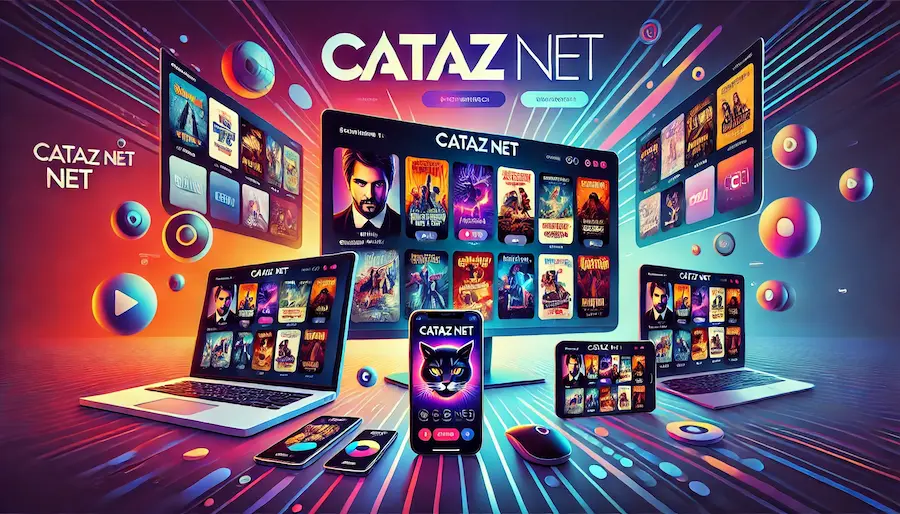Is the Anti-Vaccine Movement Scaring Black People?
If you’ve followed the news for any amount of time, you’re no doubt familiar with the anti-vaccine movement. It’s a controversial topic, and one that’s been on the minds of Black Americans for decades. The most recent controversy focuses on the COVID-19 vaccine, which is expected to be available in June of 2020.
A study by researcher John Wardle found that a number of fringe groups have joined together into what he calls a “united bloc.” This is a result of misinformation spread by both Black and non-Black social media users. One such account claimed that the government was “pushing” people to the front of the line for vaccines. Another said that a new virus was developed to market vaccines. Other accounts claimed that the government was conspiring to exterminate and depopulate the African-American population.
There’s no way to accurately assess how much of this misinformation actually lands on the doorstep of Black communities. Some of it appeared to have been aimed at outsiders, while others seem to have grown organically within Black communities. However, researchers have been able to identify two main groups of anti-vaccine activists that are the most prolific. They are the anti-vaccine naysayers and the anti-vaccine advocates.
In a nutshell, the anti-vaccine naysayers are the politically conservative voices citing fear of immunization as a reason to reject the current CDC-endorsed strategy of vaccinating children against the disease. Amongst this group, some accounts amalgamate legitimate government and conspiracy-related events into a single message, while other accounts have the audacity to make up their own vaccine-related claims.
The anti-vaccine naysayers also have a knack for using clever acronyms and buzzwords to drive their arguments. For example, some of their tweets use the hashtag “remember Tuskegee,” which refers to the Tuskegee Syphilis Study. While the study was indeed a landmark, its details are inaccurately conveyed in the accounts’ tweets, which may have a negative effect on the credibility of their arguments.
On the other hand, the anti-vaccine naysayers cite other, more obscure and insubstantial reasons for distrusting the vaccine. For instance, they argue that the government has been pushing black people to the front of the line for vaccination since the 1970s, and that the CDC has been intentionally concealing the facts about a potential link between vaccines and cancer. Their misinformation also includes a variety of factual errors, such as claiming that a polio cure was a conspiracy theory.
Ultimately, the anti-vaccine naysayers miss the obvious point that a vaccination program isn’t a solution to the problem of medical racism, but rather a source of a more widespread and pervasive one. Vaccine advocates, on the other hand, posit that medical racism is a relic of the past, and that a vaccine based solution can help eliminate the epidemic of uninsured, ill, and homeless Blacks.
Overall, the anti-vaccine naysayers have been a major distraction for Black communities. They have also served as an important reminder of the need to recognize the medical, historical, and cultural contributions that black people have made to American society.
























































































































































































































































































































































































































































































































































































































































































































































































































































































































































































































































































































































































0